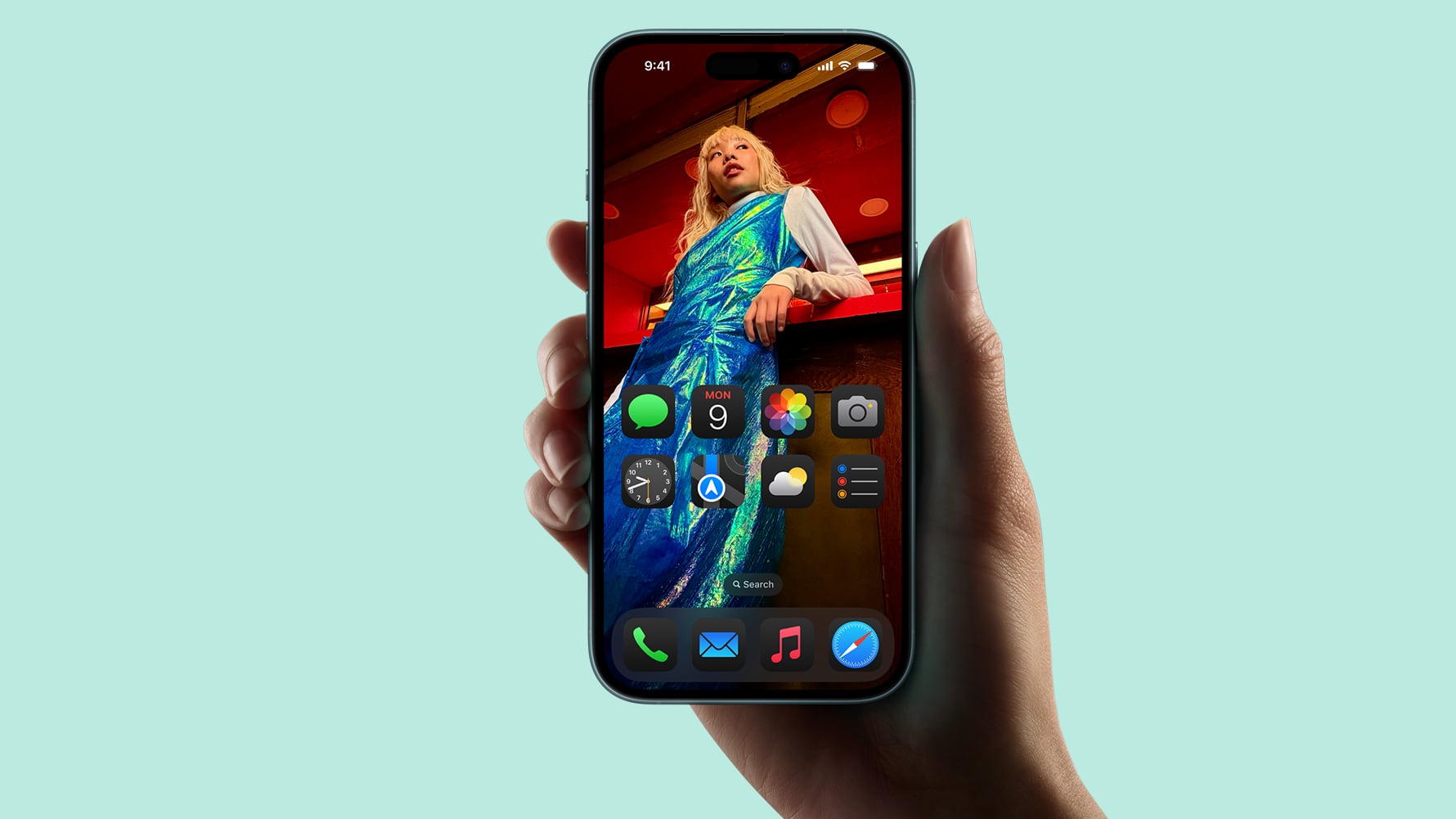
Apple supplier Corning is facing a European Commission-led antitrust probe over potential anticompetitive practices related to its dominant position in the smartphone cover glass market, specifically in relation to its Gorilla Glass technology.

The investigation centers on concerns that US-based Corning may have abused its market position by adopting exclusivity contracts to prevent rival glass makers from competing for business with mobile device manufacturers. The Commission is particularly focused on arrangements that allegedly required manufacturers to source "all or nearly all" of their specialized alkali-aluminosilicate glass from Corning.
Corning's relationship with Apple has been particularly strong over the years, with Apple having invested $495 million in the company through its Advanced Manufacturing Fund between 2017 and 2021. This collaboration led to the development of Ceramic Shield, which Apple describes as its "most advanced glass ceramic formulation" in the iPhone 16 lineup, claiming that it is twice as tough as competitive smartphone glass."It is [a] very frustrating and costly experience to break a mobile phone screen. Therefore, strong competition in the production of the cover glass used to protect such devices is crucial to ensure low prices and high-quality glass," said EU competition chief Margrethe Vestager in a statement. "We are investigating if Corning, a major producer of this special glass, may have tried to exclude rival glass producers, thereby depriving consumers from cheaper and more break-resistant glass."
The partnership has yielded exclusive benefits for Apple's devices. While competitors like Samsung use standard Gorilla Glass products, including the recent "Gorilla Armor" for the Galaxy S24 Ultra, Apple's Ceramic Shield technology remains exclusive to iPhone models since its introduction with the iPhone 12 in 2020. The glass is infused with nano-ceramic crystals at high temperatures while maintaining the transparency needed for the display, cameras, and Face ID sensors.
The Commission aims to determine whether Corning's practices have led to higher prices and reduced innovation, but it has not set a deadline for the investigation's completion. If Corning is found to have violated EU competition rules, it could face significant penalties. However, the company will have the opportunity to address the Commission's concerns by offering commitments that could bring the investigation to a close.
Note: Due to the political or social nature of the discussion regarding this topic, the discussion thread is located in our Political News forum. All forum members and site visitors are welcome to read and follow the thread, but posting is limited to forum members with at least 100 posts.
Article Link: iPhone Glass Supplier Corning Faces EU Antitrust Probe
Last edited:

